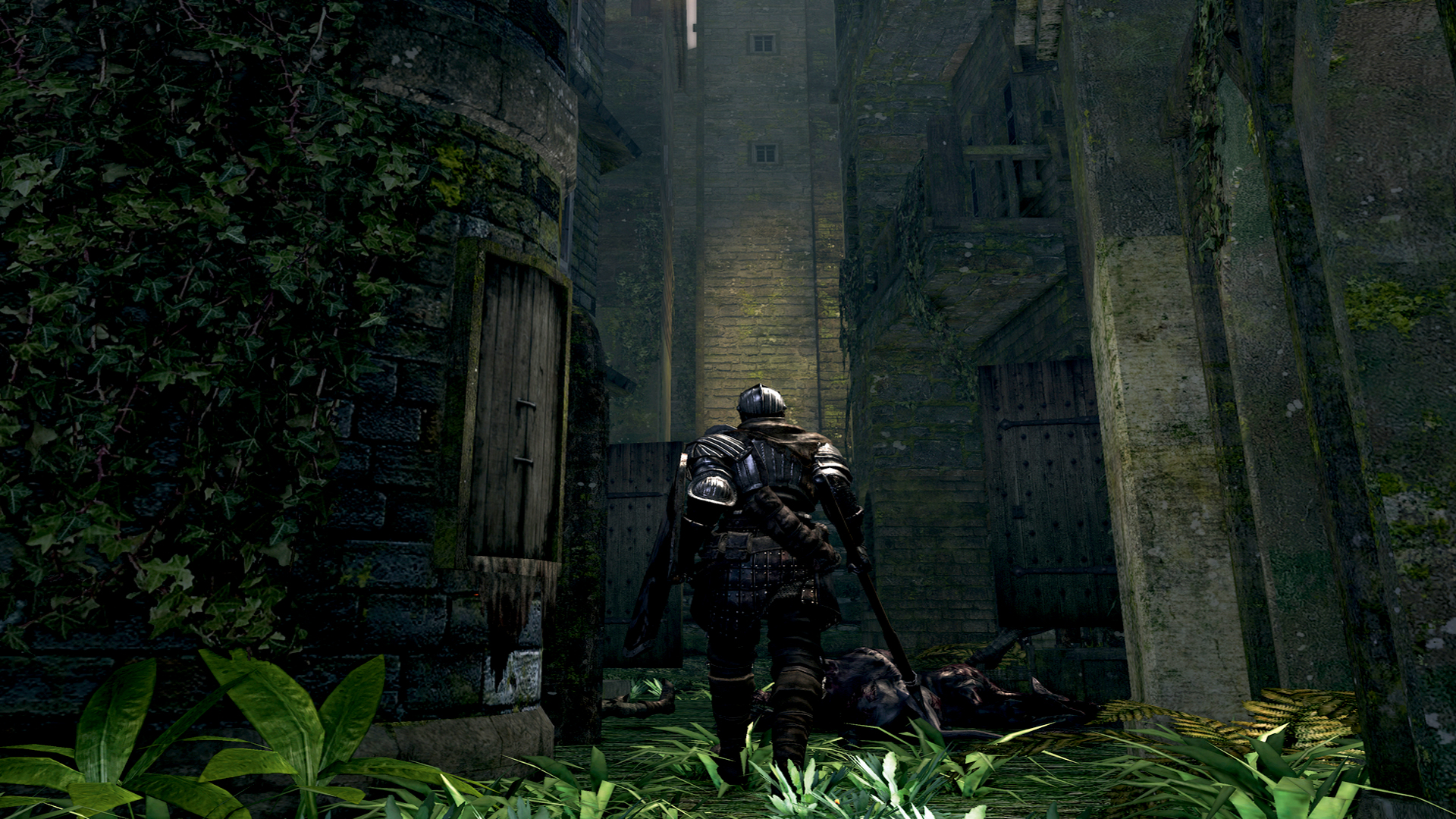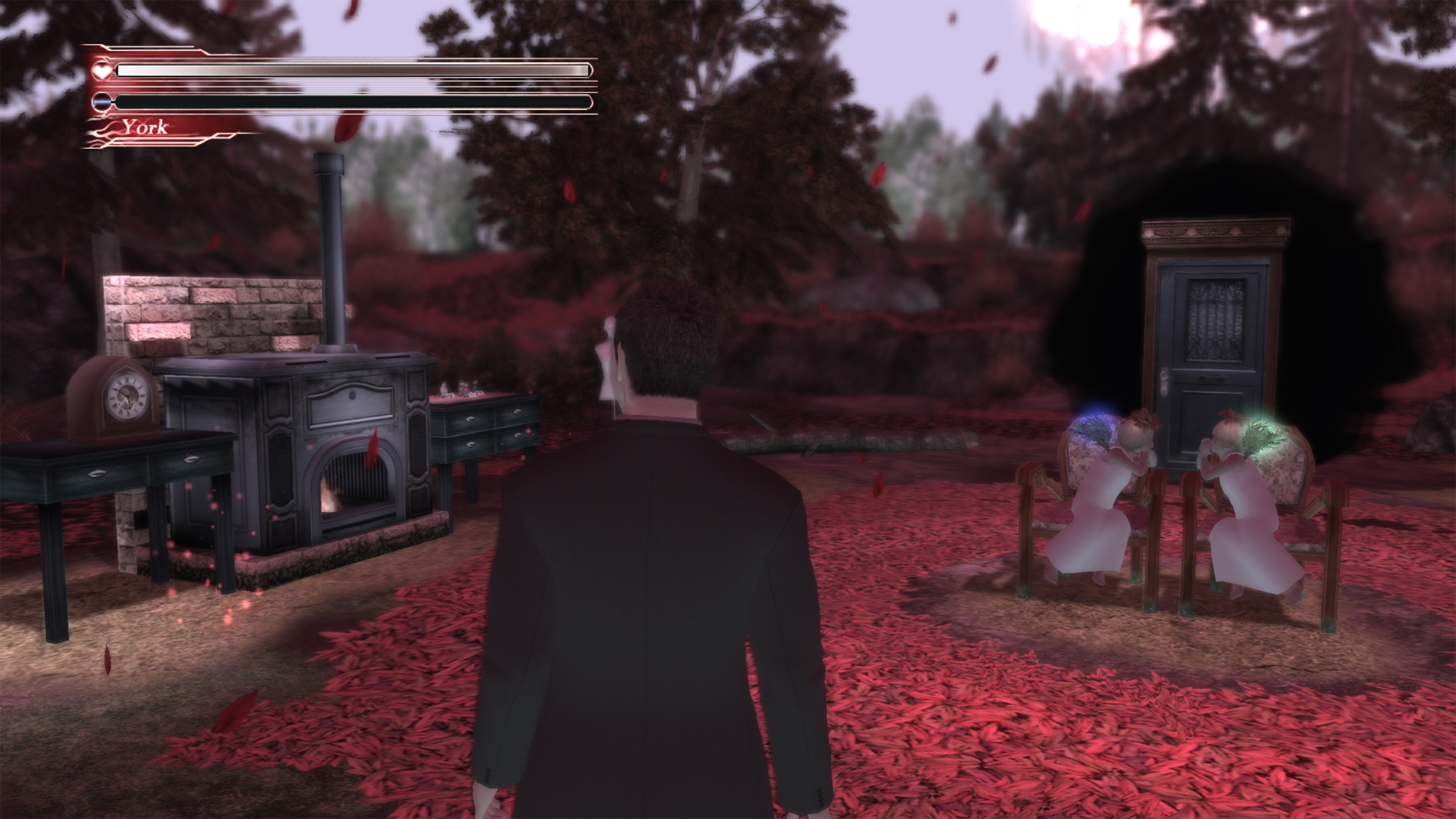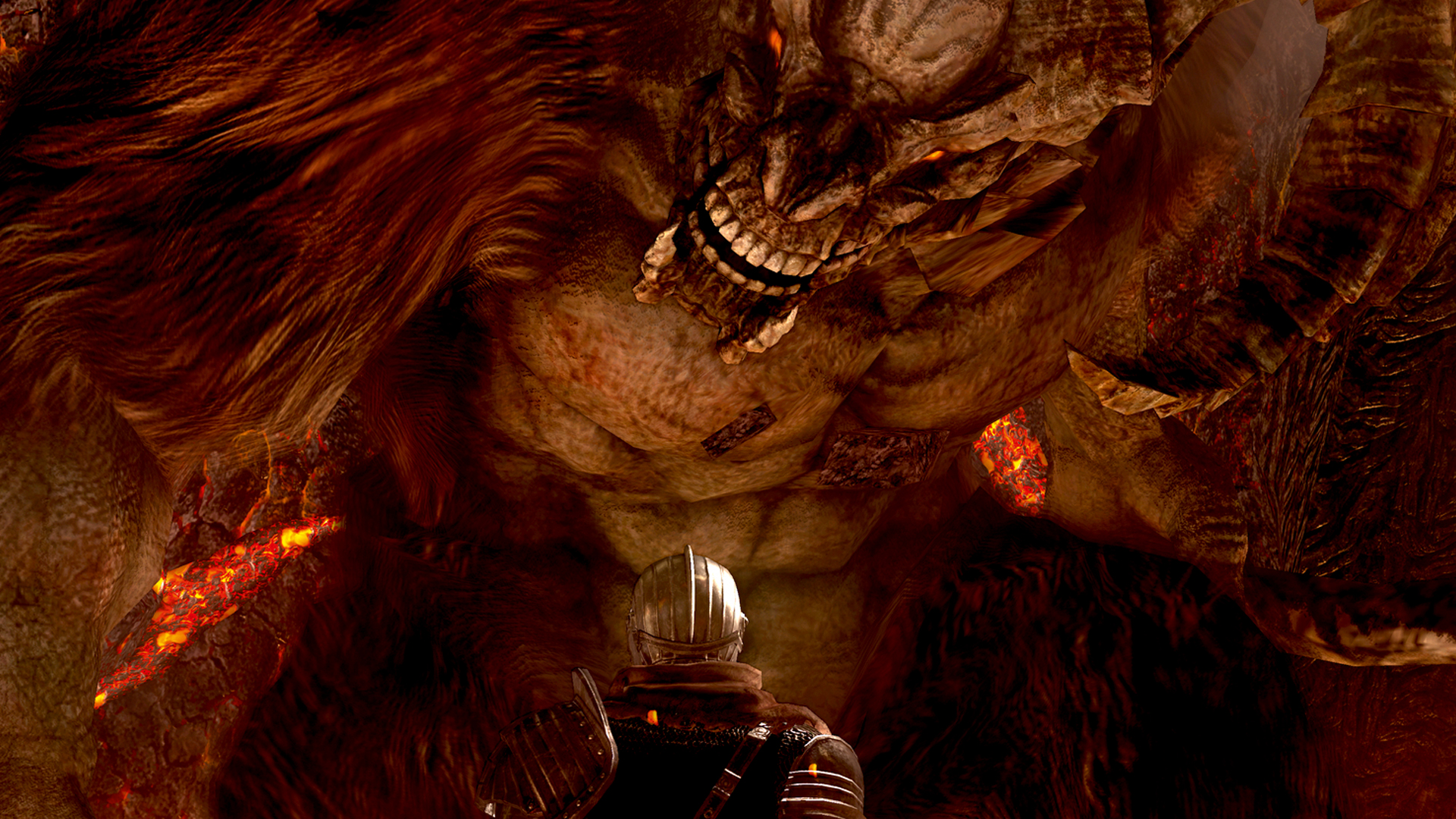After fixing Dark Souls on PC, this helpful modder made it a full-time job
How a hobbyist modder went from fixing PC games to helping publishers get them right first time

The headlines claimed it took Peter Thoman – then known only by his online handle Durante – just 23 minutes to fix the PC version of Dark Souls. That legend has now become accepted fact. But while the 80KB download, known simply as DSfix, was indeed available within half an hour of the port’s launch, that was only thanks to 30 to 40 hours’ worth of preparatory work in the weeks before. Regardless, Thoman found himself suddenly thrust into the spotlight, and a little over six years later, he’s managed to parlay his hobby into a full-time career. Alongside two close friends, he recently founded PH3 Games, a studio dedicated to porting console games to PC.

This feature first appeared in Edge Magazine. If you want more like it every month, delivered straight to your doorstop or your inbox, why not subscribe to Edge here.
Thoman was already a keen modder when he made DSfix. A PhD student, he’d been eagerly awaiting the PC release of Dark Souls so he could play co-op with his friends who didn’t own consoles. When rumours emerged that the PC version would be locked at a resolution of 1024x720, the same as the Xbox 360 version, he laughed them off.
“Back then I didn’t have that much experience with companies and whatever constraints they might have with a project,” he says. “I was just looking at it from a purely engineering perspective. It’s very simple for a 3D game on PC to render at an arbitrary resolution. So why would anyone do that?” But when the rumour was confirmed, he set to work. Thoman continued his studies, but worked solidly over evenings and weekends for the following fortnight. So when the game launched, it was merely a matter of making a few final tweaks before the mod could be released.
Mod mastery

If Dark Souls was a simple enough fix, Deadly Premonition proved the opposite – in particular the dual-perspective scenes where protagonist York is chased by the Raincoat Killer, which required “a very large reverse-engineering effort”. The download numbers for this mod may have been dwarfed by DSfix – over two million, at the time of writing – but the process was both educational and enjoyable for Thoman. “When I play a game and I see something like a really bad shadow artifact where I know that it would be possible to do much better – I mean, it’s probably also my problem, but it detracts from my enjoyment of the game,” he says.
His selection process for mods wasn’t complicated: He’d try to fix the games he liked most. But Thoman had begun to attract the attention of companies looking to bring their games to PC. When they asked if he could help, he had a standard response. “My answer was always: ‘Sure. You just have to send me the source code. And secondly you will have to pay me a competitive rate, because it’s work and I’m not doing this for free.’” The money, he says, was never an issue. But most weren’t comfortable with the idea of releasing code to someone outside the company’s walls. Thoman expected the same thing when he responded to an enquiry from Xseed’s executive vice president Ken Berry. “But he immediately came back to me, gave me this NDA and then actually sent me the source,” he says. “I actually received a hard disk in the post with everything on it. At that point I was really motivated to figure this thing out.”

Thoman and his colleagues spend a while investigating the source code of a game for a general overview of the work involved – which can vary greatly. “For example, a port to PC from a modern console on an established engine? That’s really one guy working for a month or so – it’s really not expensive,” he says. “But you can have ports that require a whole team working for up to a year, if it’s, say, a custom engine made for a large-scale game with different platform-specific dependencies.”
PH3’s job is then to determine a base level of quality for a port and discuss potential additional features that may or may not interest the publisher, before supplying a final quote.
The game was Little King’s Story, but Thoman soon realised that the technical idiosyncrasies of the Wii original made it difficult to port well. There wasn’t really a business case for “reimplementing half the game” as Thoman puts it, but he resolved the stuttering issue he’d been invited to fix while improving the rendering quality. Berry was impressed, and approached Thoman again when RPG Trails of Cold Steel was due for PC release. Thoman supplied a number of fixes and technical suggestions for improvements that the porting team could handle; to his surprise, Berry asked if he could do it instead. With no idea how long it would take, Thoman didn’t give Xseed a quote, but began to work on it to see how much he could accomplish within “an acceptable timeframe”. This was a key moment for Thoman: he realised he could turn this sideline into a career, an idea that crystallised when, for Trails of Cold Steel 2, he was on board from the beginning.
Now, after clearing a few bureaucratic hurdles, Thoman has founded PH3 Games alongside two friends with their own specialist expertise. He’s keen to clear up misconceptions about the company, primarily that it’s a games studio: “We work independently on consulting tasks, but the real core thing we are focused on is engineering. There’s no intention for us to create a game on our own – at least at this point.” Indeed, he’s keen that PH3 stays relatively small and nimble. “It’s good for people who hire us, because we’re pretty efficient,” he says. “We don’t have a lot of overhead. If we were to grow much larger, then our responsibility as founders would change in terms of the whole management aspect of it. And that’s not something we’re currently interested in. The nice thing for us is that we can still focus on the engineering.
Sign up to the GamesRadar+ Newsletter
Weekly digests, tales from the communities you love, and more
Looking for something new to play? Why not check out our list of the best PC games to play right now and see if anything catches your attention.


